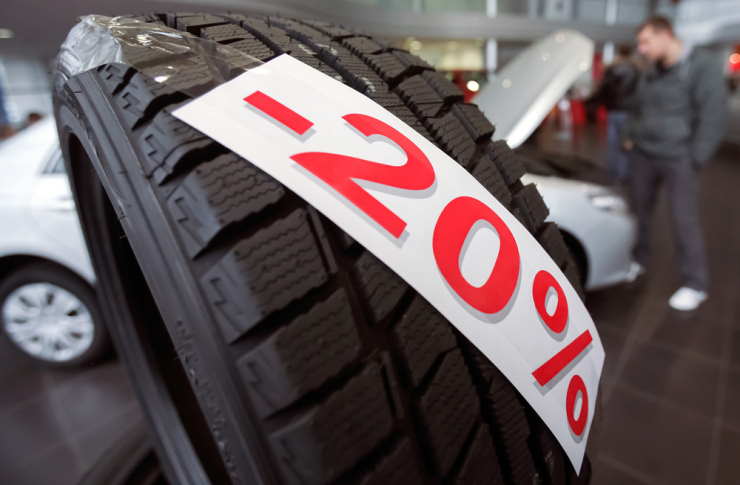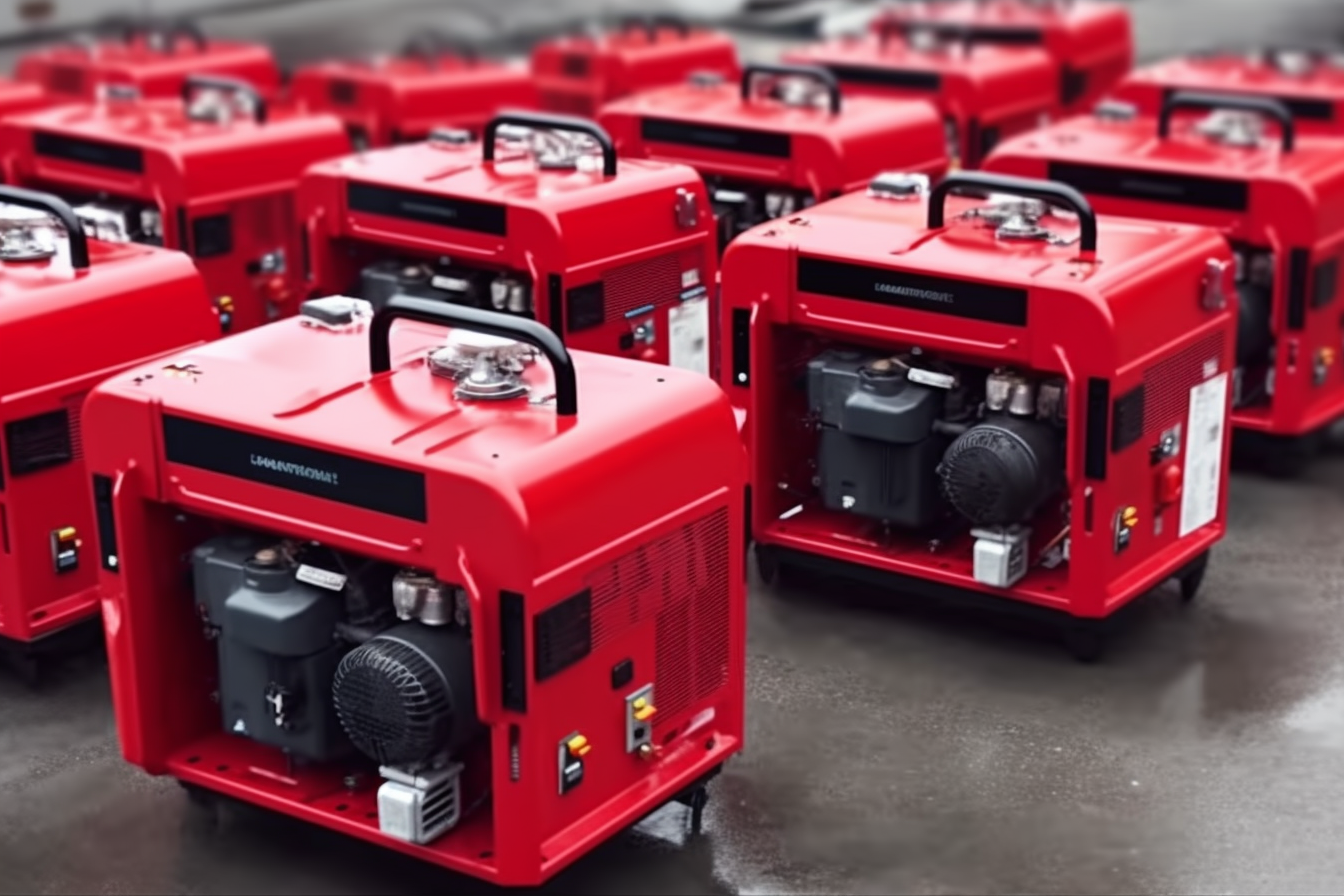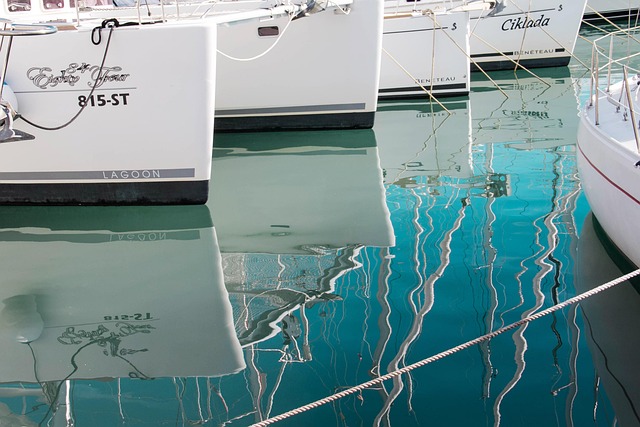Repossessed Cars: A Comprehensive Guide to Finding Great Deals
Repossessed cars are vehicles that have been reclaimed by lenders due to missed payments or defaulted loans. These vehicles often present an opportunity for buyers to find quality cars at lower prices. This article explores the world of repossessed cars, providing insights into how to find them, their pros and cons, and what to consider when purchasing one.

What exactly are repossessed cars and how do they end up for sale?
Repossessed cars are vehicles that financial institutions or lenders have taken back from borrowers who have failed to make their loan payments. When a borrower defaults on their auto loan, the lender has the right to seize the vehicle as collateral. Once repossessed, these cars are typically sold to recover the outstanding loan balance.
The process of repossession and subsequent sale varies, but generally, lenders will attempt to sell these vehicles through auctions or directly to the public. This creates an opportunity for buyers to purchase cars that may be in good condition at potentially lower prices than they would find on the regular used car market.
Where can I find repossessed cars for sale in my area?
Finding repossessed cars for sale in your local area can be done through various channels:
-
Bank and credit union websites: Many financial institutions list their repossessed vehicles online.
-
Government auctions: Local and federal government agencies often auction off seized or surplus vehicles.
-
Online auction websites: Platforms like Copart and IAA specialize in selling salvage and repossessed vehicles.
-
Local car dealerships: Some dealerships purchase repossessed cars from auctions and resell them to the public.
-
Newspaper classifieds: Local newspapers may feature listings for repossessed vehicles.
To find repossessed cars in your vicinity, search online using terms like “repossessed cars for sale in [your city]” or contact local banks and credit unions directly for information on their current inventory.
What are the pros and cons of buying a repossessed car?
Like any major purchase, buying a repossessed car comes with its own set of advantages and disadvantages:
Pros:
-
Lower prices: Repossessed cars are often sold below market value.
-
Potential for good deals: You might find a relatively new or well-maintained vehicle at a bargain price.
-
Wide selection: Repossessions occur across all vehicle types and price ranges.
-
Quick sales process: Lenders are motivated to sell quickly, which can expedite the buying process.
Cons:
-
Limited history: You may not have access to the vehicle’s complete maintenance and accident history.
-
As-is condition: Many repossessed cars are sold “as-is,” without warranties or guarantees.
-
Potential for hidden damage: Previous owners may have neglected maintenance or caused damage.
-
Competitive bidding: Popular models at auctions may end up selling for close to retail prices.
-
Limited inspection opportunities: Some auction settings don’t allow for thorough pre-purchase inspections.
How can I ensure I’m getting a good deal on a repossessed car?
To maximize your chances of getting a good deal on a repossessed car:
-
Research market values: Use resources like Kelley Blue Book or NADA Guides to understand fair market prices.
-
Get a vehicle history report: If possible, obtain a CarFax or AutoCheck report to review the car’s history.
-
Inspect the vehicle thoroughly: Whenever allowed, conduct a detailed inspection or hire a professional mechanic.
-
Set a budget: Determine your maximum bid or purchase price before attending an auction or negotiating.
-
Factor in additional costs: Consider potential repair and maintenance expenses when evaluating the total cost.
-
Attend multiple auctions: Don’t feel pressured to buy at the first auction; familiarize yourself with the process.
-
Be patient: The right deal may take time to find, so be prepared to wait for the right opportunity.
What unique considerations should United States buyers keep in mind?
When looking for repossessed cars in the United States, there are several important factors to consider:
-
State laws: Repossession and sale regulations can vary by state, affecting buyer protections and processes.
-
Title status: Ensure the vehicle has a clean title and no outstanding liens before purchasing.
-
Emissions compliance: Verify that the vehicle meets your state’s emissions standards, especially if purchasing from out-of-state.
-
Insurance requirements: Some states may have specific insurance requirements for vehicles purchased at auction.
-
Registration fees: Factor in your state’s registration fees and any potential back fees owed on the vehicle.
How do repossessed car prices compare to regular used car prices?
Repossessed cars often come with attractive price tags, but it’s important to understand how they compare to regular used car prices:
| Vehicle Type | Repossessed Car Average Discount | Regular Used Car Price Range |
|---|---|---|
| Economy Cars | 20-30% below market value | $8,000 - $15,000 |
| Mid-size Sedans | 15-25% below market value | $12,000 - $25,000 |
| SUVs | 10-20% below market value | $18,000 - $40,000 |
| Luxury Vehicles | 25-40% below market value | $30,000 - $60,000 |
Prices, rates, or cost estimates mentioned in this article are based on the latest available information but may change over time. Independent research is advised before making financial decisions.
It’s important to note that while repossessed cars can offer significant savings, the actual discount will vary based on factors such as the vehicle’s condition, mileage, and the lender’s urgency to sell. Additionally, popular models or those in high demand may sell for closer to market value, even in repossession sales.
In conclusion, repossessed cars can provide an excellent opportunity for savvy buyers to find quality vehicles at reduced prices. However, it’s crucial to approach these purchases with caution, thorough research, and a clear understanding of the potential risks and rewards. By doing your due diligence and being prepared, you can navigate the world of repossessed cars and potentially drive away with a great deal on your next vehicle.




